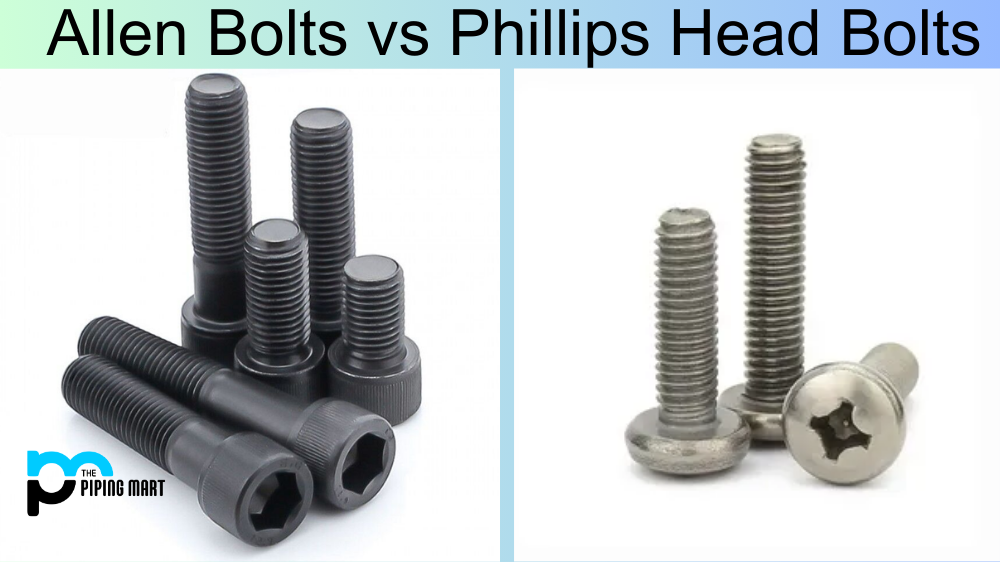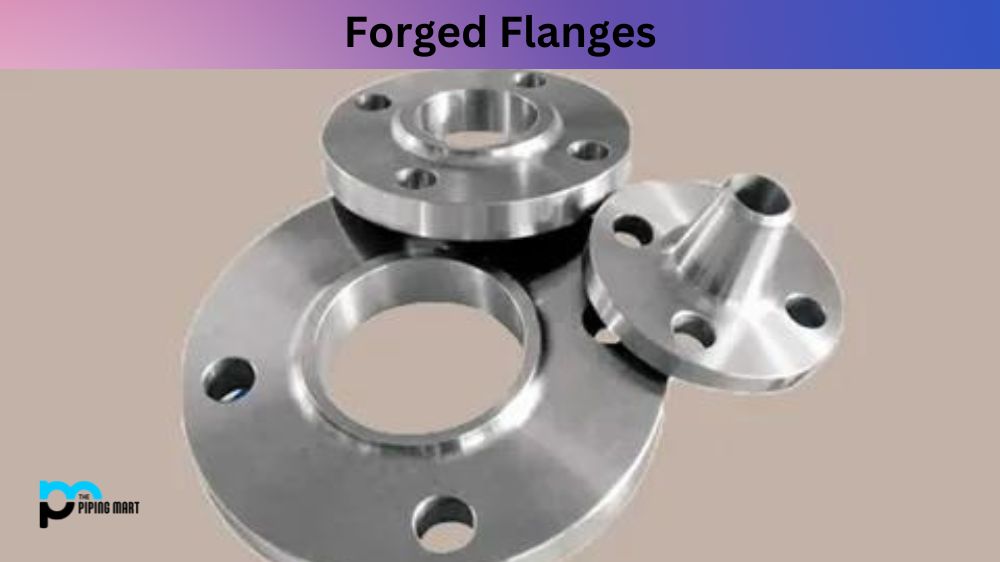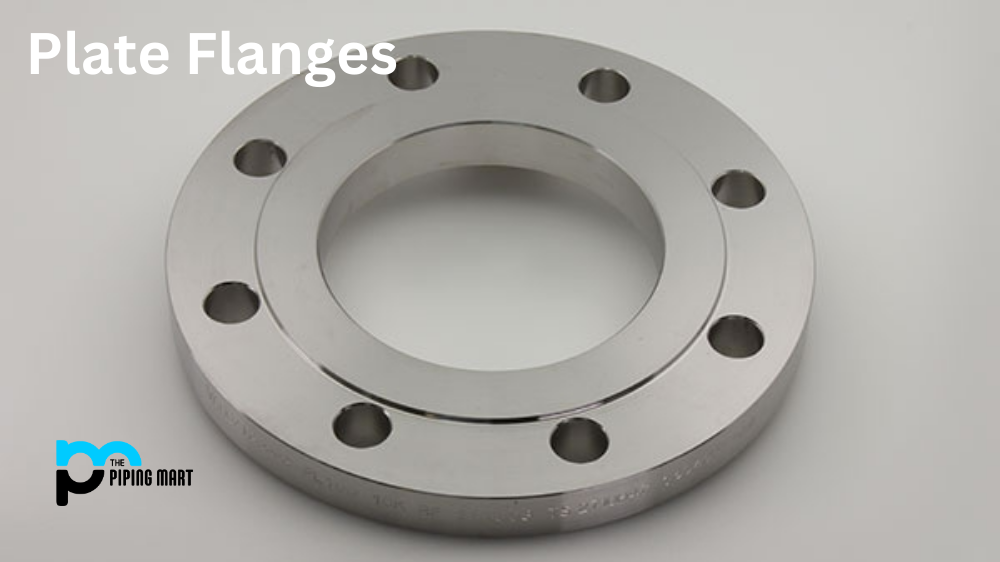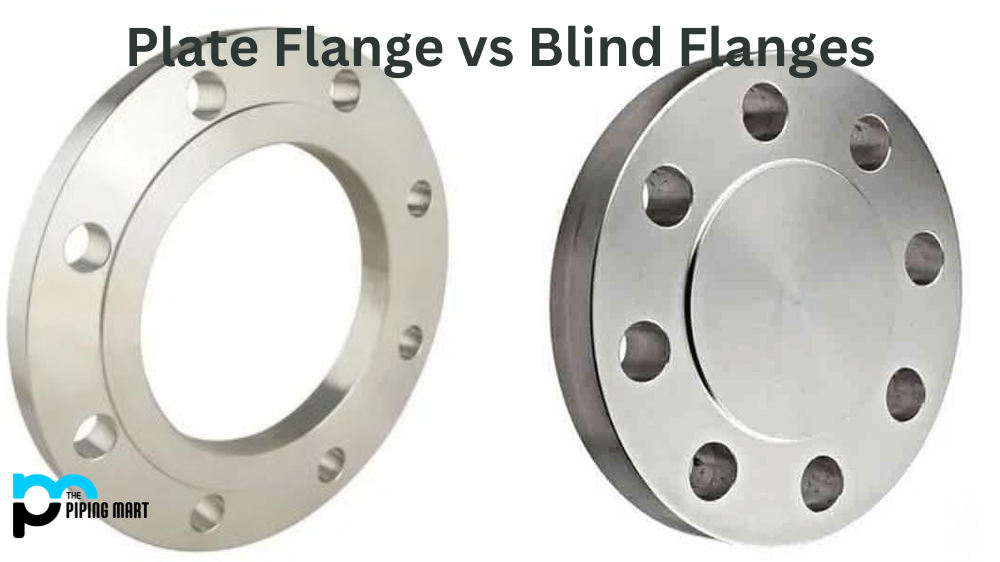Choosing the right kind can make all the difference when it comes to bolts. Allen bolts and Phillips head bolts are the most commonly used bolts. They are both known for their strength, durability, and reliability. So, what’s the difference between the two? In this blog post, we’ll explore the differences between Allen and Phillips head bolts and help you decide which one to choose for your next project.
What are Allen Bolts?
Allen bolts, or socket head bolts, are a type of bolt that uses a hexagonal socket to turn the bolt. An Allen key, a hex key, or an Allen wrench usually drives the socket. Allen bolts are known for their high strength, making them suitable for heavy-duty applications. They also allow for a higher torque level than most other bolts, which can be helpful in certain situations.
Allen bolts come in various sizes and are available in metric and imperial sizes. They are commonly used in automotive and machinery applications, as well as in construction and manufacturing. The main advantage of Allen bolts is their ability to provide a secure and tight fit, which is essential in many applications.
What are Phillips Head Bolts?
Phillips head bolts are another type of bolt that is commonly used. They are named after their inventor, Henry F. Phillips, who created them in the 1930s. Phillips head bolts use a crosshead design with a narrow point at the bottom of the cross. A Phillips head screwdriver is used to turn the bolt.
Phillips head bolts are popular because they are easy to use and quickly tightened or loosened using a standard screwdriver. They are commonly used in carpentry and woodworking applications, as well as in electrical and automotive applications. However, because they have a shallow crosshead design, they can be prone to slipping and stripping if too much force is applied.
The Differences Between Allen Bolts vs. Phillips Head Bolts
The main difference between Allen’s and Phillips’s head bolts is how they are driven. Allen bolts use a hexagonal socket and an Allen key, while Phillips head bolts use a screwdriver with a cross-shaped tip. Allen bolts provide a more secure and tight fit, while Phillips head bolts are easier to use and can be quickly tightened or loosened.
Another key difference between the two is the level of torque they can withstand. Allen bolts can withstand higher torque, making them suitable for heavy-duty applications. Phillips head bolts, on the other hand, are better suited for lighter applications where less torque is required.
Conclusion:
When it comes to choosing between Allen bolts and Phillips head bolts, it ultimately comes down to the specific application. If you need a bolt that can withstand high torque and provide a secure fit, then Allen bolts are the way to go. On the other hand, if you’re looking for a bolt that’s easy to use and can be quickly tightened or loosened with a standard screwdriver, then Phillips head bolts are the better choice.
No matter which type of bolt you choose, it’s important to ensure that it’s made from high-quality materials and manufactured to the highest standards. This will help ensure your project is strong, durable, and reliable. So, now that you know the differences between Allen bolts and Phillips head bolts, you can make an informed decision when selecting the right bolts for your next project.
Sakshee is a talented blogger, with a particular focus on the Business and Metal Industry. She is passionate about sharing her insights on various metal products and helping professionals to make a better decisions.




